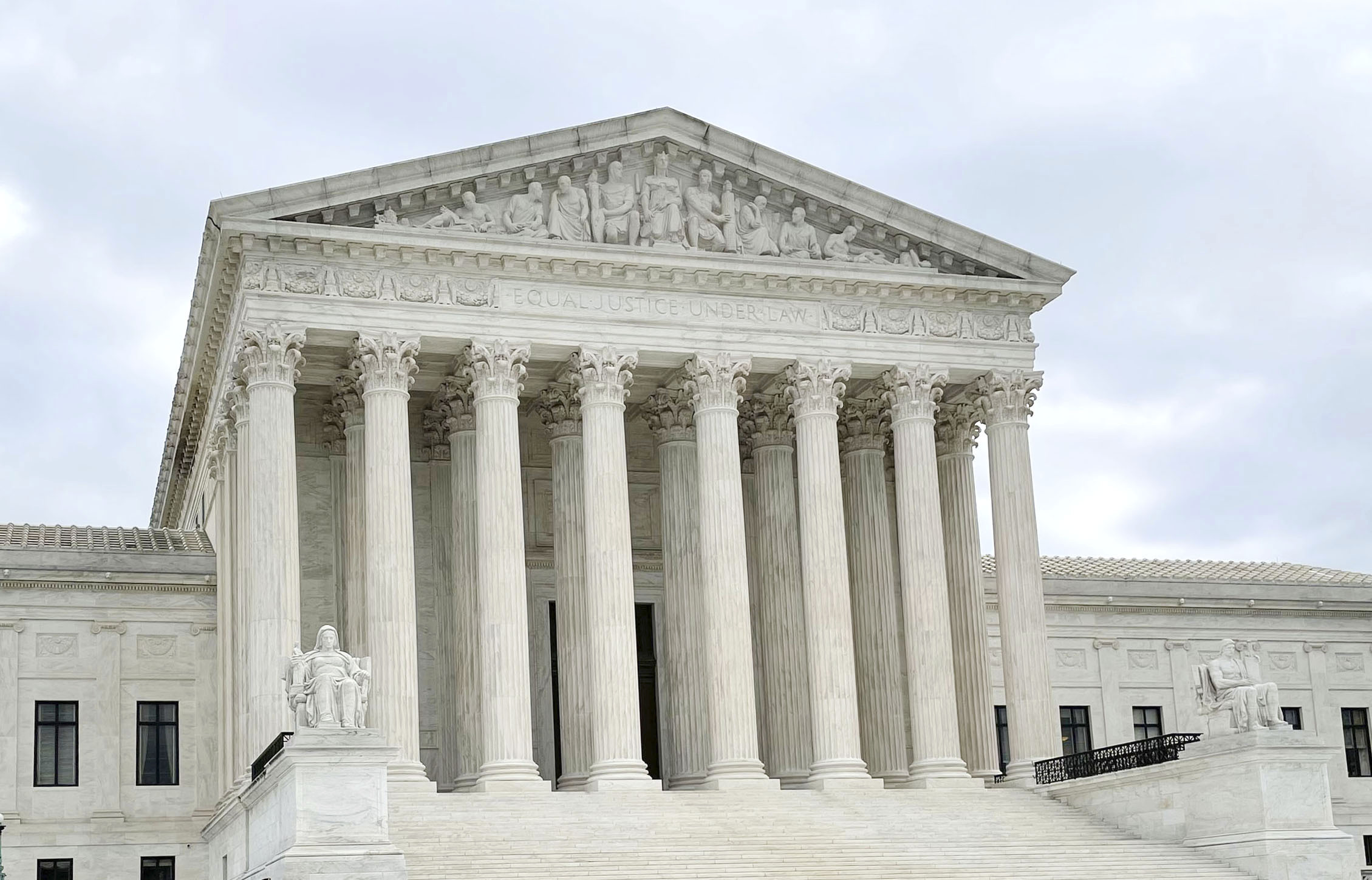
The U.S. Supreme Court is expected to issue rulings in more than 30 cases before the end of June, weighing in on issues such as birthright citizenship and gender and sexuality instruction in schools.
Why It Matters
The Court, which has a 6-3 conservative majority, has an opportunity to set precedents on various issues of national interest as the term comes to a close.
Michael Gerhardt, the Burton Craige distinguished professor of jurisprudence at the University of North Carolina, detailed how the conservative majority could impact the decisions.
“These are all major cases in which the Court’s conservative majority will likely be further expanding parents’ religious rights to opt out of events that offend their religious views; protecting American gun manufacturers from vexatious lawsuits; restricting federal courts from using nationwide injunctions against the Trump administration; and reinforcing its prior decisions mandating that government may not use race, in any way, as a basis for action,” Gerhardt told Newsweek.
zz/STRF/STAR MAX/IPx
What To Know
The Court typically issues decisions in all pending cases prior to the term’s end.
Trump v. CASA: Birthright Citizenship and Nationwide Injunctions
This case centers on the legality of President Donald Trump‘s executive order ending birthright citizenship, impacting children born in the U.S. to certain non-citizens. The Supreme Court is tasked with determining whether presidential actions can narrowly limit citizenship rights under the Fourteenth Amendment and whether lower courts can issue nationwide injunctions to block federal immigration policies.
During oral arguments of the case, several justices expressed concerns about Trump’s order. Justice Sonia Sotomayor said it violated “by my count, four established Supreme Court precedents.”
None of the justices voiced clear support for the legality of the order, but they took varied stances on the legality of nationwide injunctions.
The decision is expected to clarify the constitutional scope of birthright citizenship and the extent of federal judicial authority in immigration cases.
Smith & Wesson Brands v. Estados Unidos Mexicanos: Gun Makers Sued by Mexico
The Supreme Court will decide whether American gun manufacturers, including Smith & Wesson, can be held liable under U.S. law for firearms trafficked into Mexico and used in cartel violence.
The case challenges existing liability protections provided by the Protection of Lawful Commerce in Arms Act of 2005. If the Court rules in favor of Mexico, it could allow foreign governments to pursue claims against U.S. gun makers for alleged cross-border harms.
Mahmoud v. Taylor: Gender and Sexuality in School Instruction
The case concerns whether public schools in Maryland must provide opt-outs for families objecting on religious grounds to lessons featuring LGBTQ themes and relationships.
Petitioners argue that denial of opt-outs infringes upon religious freedom and parental rights, while school officials assert the importance of comprehensive, inclusive instruction.
The Court’s upcoming decision will weigh religious liberty against anti-discrimination and educational standards, and could set national precedent for curriculum content and parental control.
Louisiana v. Callais: Redistricting in African American-Majority Areas
The case challenges the legality of Louisiana’s new congressional voting map, which created a second majority-Black district in the state. The new map was drawn in response to a previous lawsuit in which plaintiffs argued that the prior map violated Section 2 of the Voting Rights Act by diluting minority votes. Plaintiffs in the current case argue that the new map violated the Equal Protection Clause of the Fourteenth Amendment by prioritizing race in its creation.
During oral arguments, the six conservative justices raised various concerns about the new map.
A ruling could alter the criteria for racial fairness in redistricting and affect congressional representation in Louisiana and beyond. The decision comes amid a broader national debate over the scope of voting protections and electoral equity.
United States v. Skrmetti: Gender-Affirming Care for Transgender Youths
This closely watched challenge examines whether Tennessee’s ban on gender-affirming medical care for minors experiencing gender dysphoria violates the U.S. Constitution’s equal protection clause.
The Biden administration argued that the law unlawfully discriminates against transgender youth. Major medical associations, including the American Medical Association and the American Academy of Pediatrics, have weighed in against such bans.
The Supreme Court’s decision may create a national precedent on the rights of transgender minors to receive hormone therapy and puberty blockers.
What People Are Saying
Michael Gerhardt, the Burton Craige distinguished professor of jurisprudence at the University of North Carolina, told Newsweek: “The Court generally issues rulings in all pending cases before the end of the term, though the Court rarely might hold a case over for the next term or declare that the writ of cert. was mistakenly granted.”
What Happens Next
The Supreme Court is likely to rule on these cases before the current term closes at the end of June, but it is possible that rulings will be issued at a later date.
Do you have a story that Newsweek should be covering? Do you have any questions about this story? Contact LiveNews@newsweek.com.
